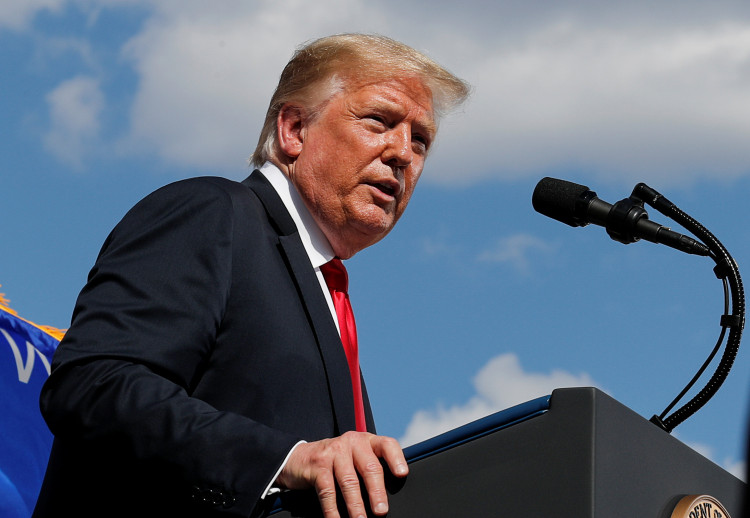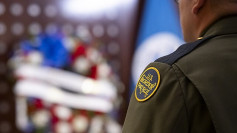In a controversial appearance at the National Association of Black Journalists (NABJ) convention, former President Donald Trump made false and inflammatory remarks about Vice President Kamala Harris's heritage. During the event, Trump suggested that Harris had only recently "turned Black," a claim that has been widely condemned and fact-checked as inaccurate.
The comments came when Trump was questioned about whether he agreed with Republican characterizations of Harris as a "DEI hire" - a reference to diversity, equity, and inclusion initiatives. "She was always of Indian heritage, and she was only promoting Indian heritage. I didn't know she was Black until a number of years ago when she happened to turn Black, and now she wants to be known as Black," Trump said. "So I don't know, is she Indian or is she Black?"
Trump's statements echo his previous racially charged attacks on political rivals. The vice president, whose mother was Indian and father Jamaican, has always identified as a Black woman and attended Howard University, a historically Black university. Trump's remarks were swiftly debunked by fact-checkers, including Politifact, which labeled his claims as "inaccurate."
The former president's comments drew immediate backlash from various quarters, including the White House. Press Secretary Karine Jean-Pierre called Trump's remarks "repulsive," while Harris's campaign team mocked Trump's claims by posting a clip of the interview's abrupt ending on social media.
During the NABJ event, Trump was also confronted with a pointed question from ABC News' Rachel Scott, who highlighted his history of racially insensitive remarks and actions. Scott asked, "Now that you are asking Black supporters to vote for you, why should Black voters trust you after you have used language like that?" Trump responded combatively, criticizing the question as "horrible" and attacking ABC News as "a fake news network."
Despite the hostile exchange, Trump defended his record, claiming to have been "the best president for the Black population since Abraham Lincoln." This assertion drew audible groans from the audience and further criticism from commentators who pointed to his administration's divisive policies and rhetoric.
The event was marred by technical difficulties, leading to a delay that Trump repeatedly criticized. He also expressed frustration over the absence of his Democratic opponents, asserting that he was invited under false pretenses with the expectation that either President Biden or Vice President Harris would attend.
Trump's appearance at the NABJ convention has generated significant controversy, with many questioning the decision to invite him. Prominent NABJ members like April Ryan have argued that giving Trump a platform was a mistake, given his history of attacking Black journalists and spreading false information.
Ken Lemon, president of NABJ, defended the decision, stating that the organization has a tradition of inviting presidential candidates from both major parties since 1976. "While we acknowledge the concerns expressed by our members, we believe it is important for us to provide our members with the opportunity to hear directly from candidates and hold them accountable," Lemon said.
Despite the contentious nature of the event, NABJ maintained its commitment to fact-checking in real-time, ensuring that false claims were promptly addressed. As Trump continues his campaign for the 2024 presidential election, his comments at the NABJ convention are likely to remain a topic of discussion and criticism.






